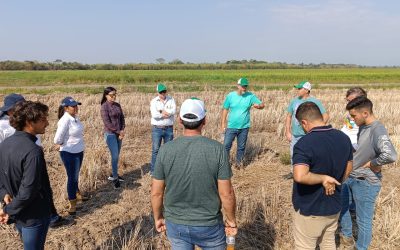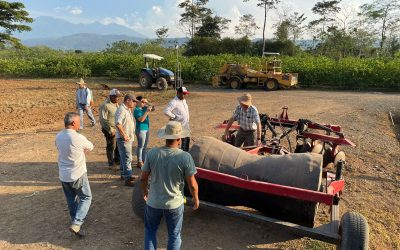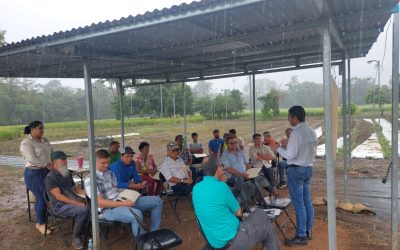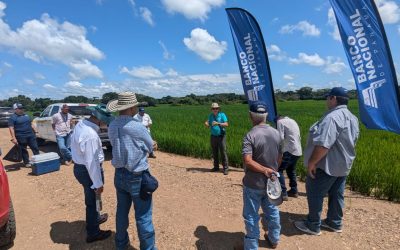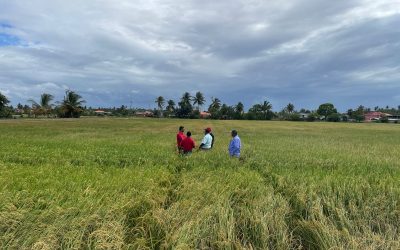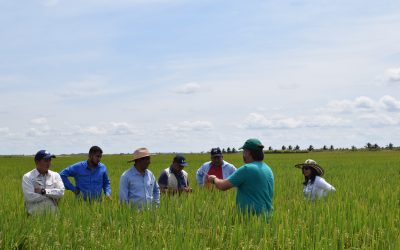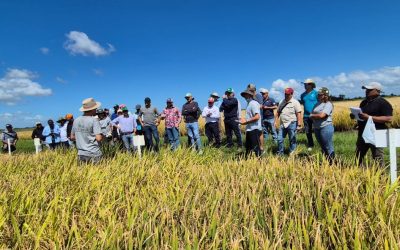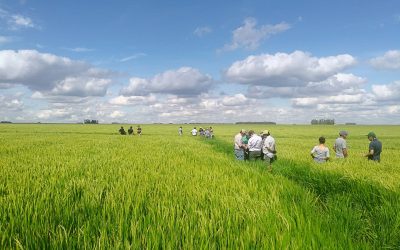The Process Agronomy Program for sustainable rice production of the FLAR delivers technologies and knowledge that, when adopted by farmers, directly impact production systems, with increases in yields, decreased production costs, and the rational use of inputs.
We work with members and producers in fields in various countries of Latin America and the Caribbean to train and transfer technologies, through support for extension workers and the producer-to-producer system, based on process-based agriculture, with the goal of achieving sustainable and profitable production.
Photo Gallery
The FLAR Agronomy Program is based on an integrated approach to agronomy, focused on sustainable processes adapted to local realities. Its objective is to improve rice production through:

Let’s Highlight the Points of Process Agronomy
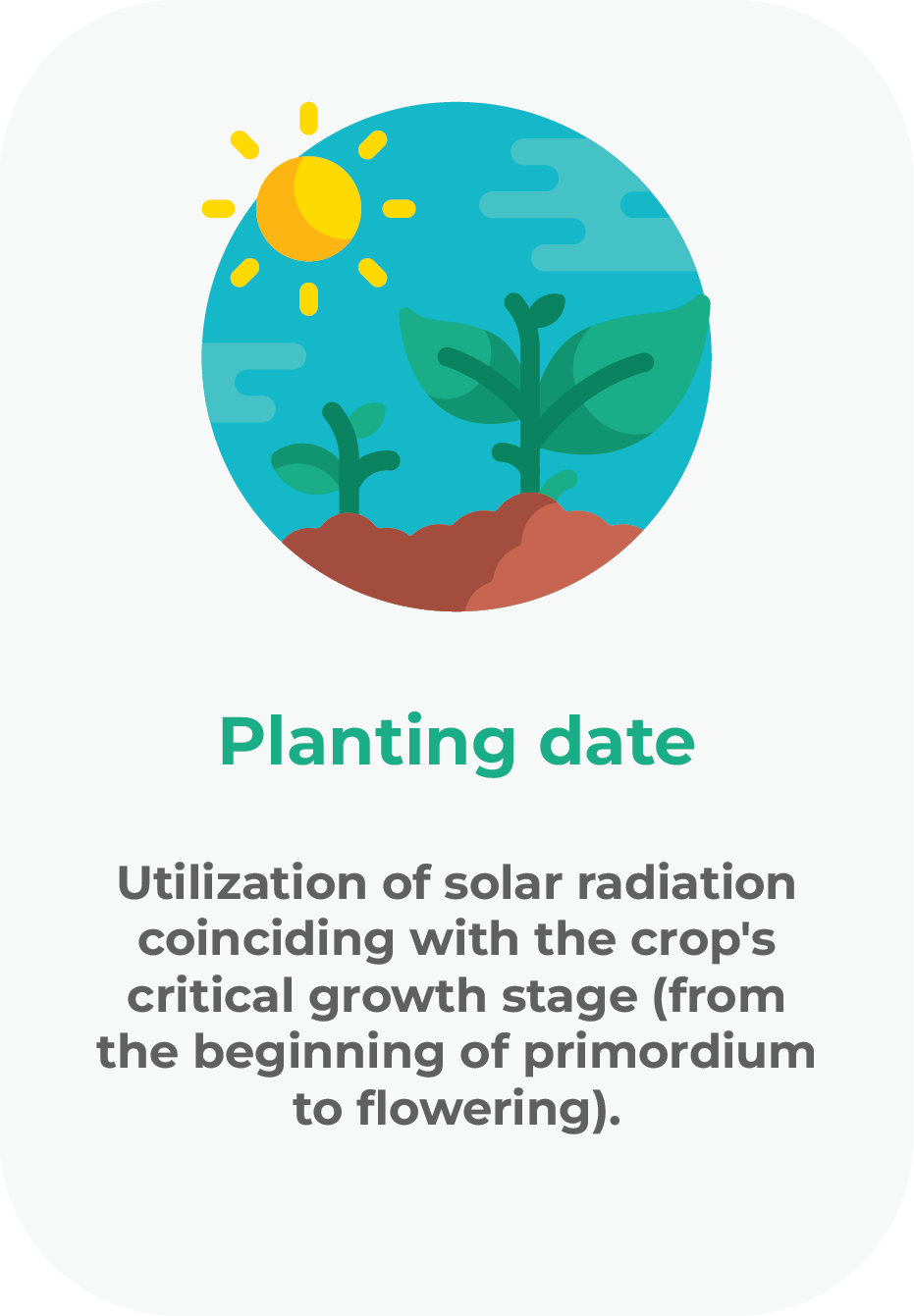
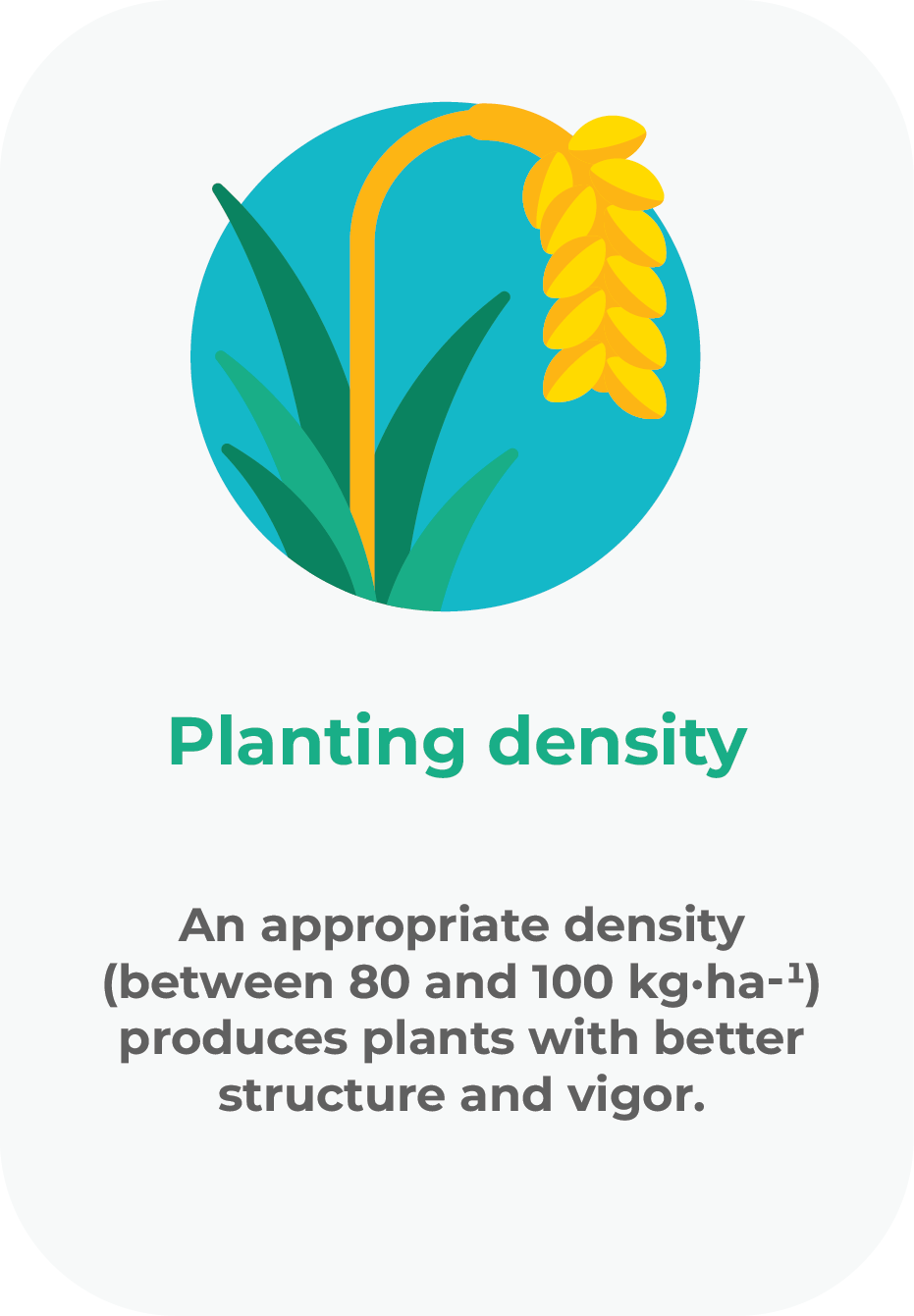
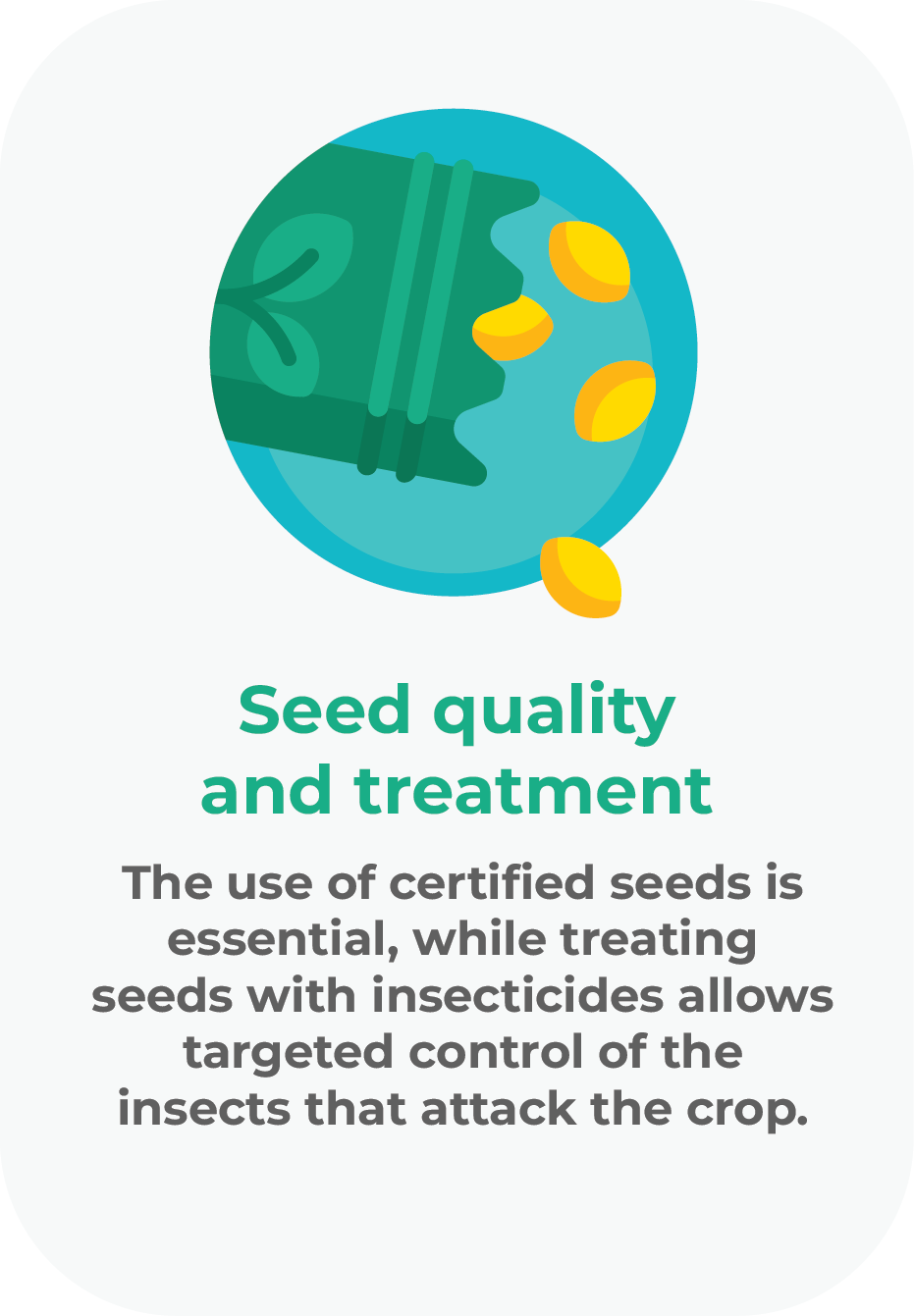
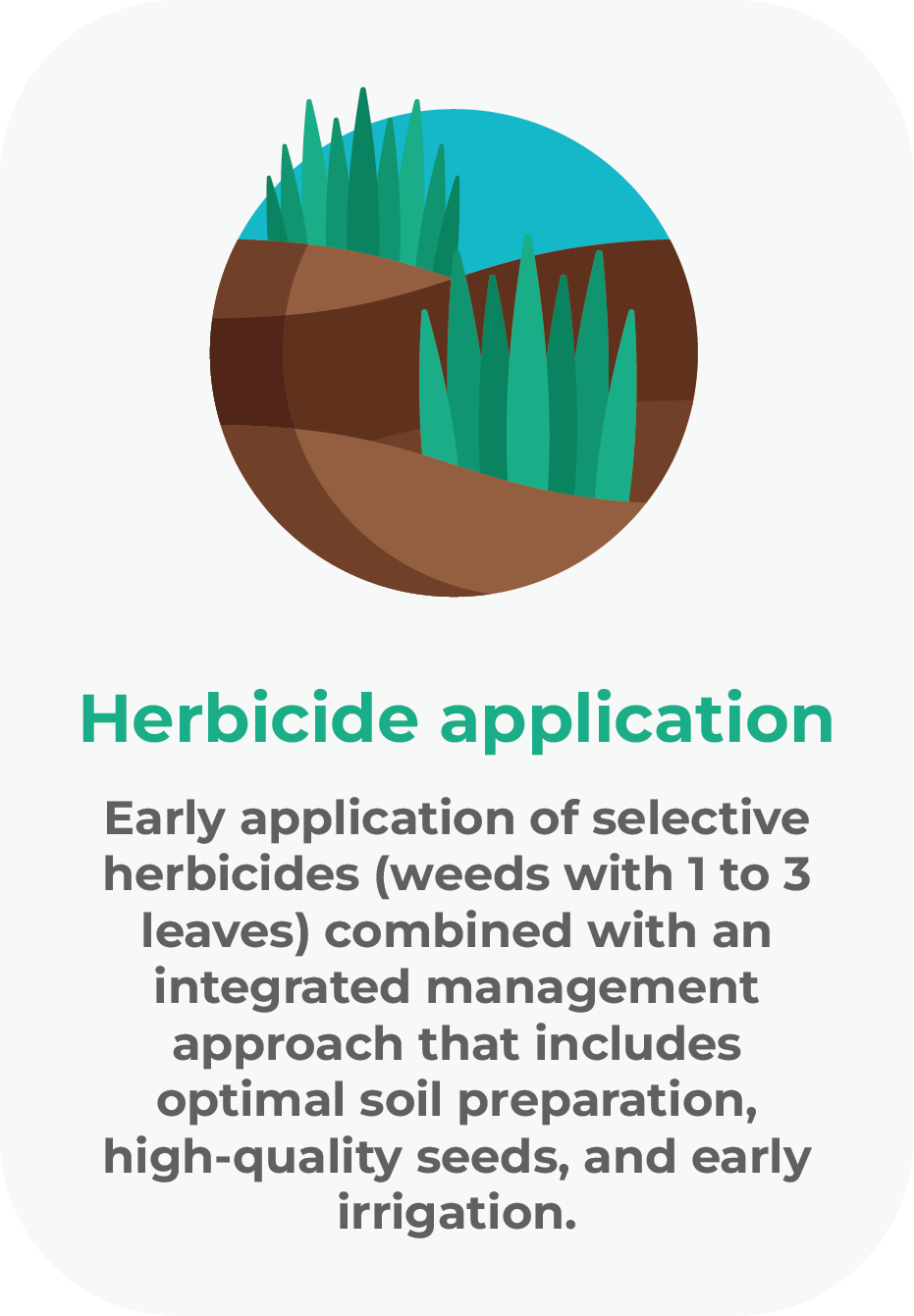
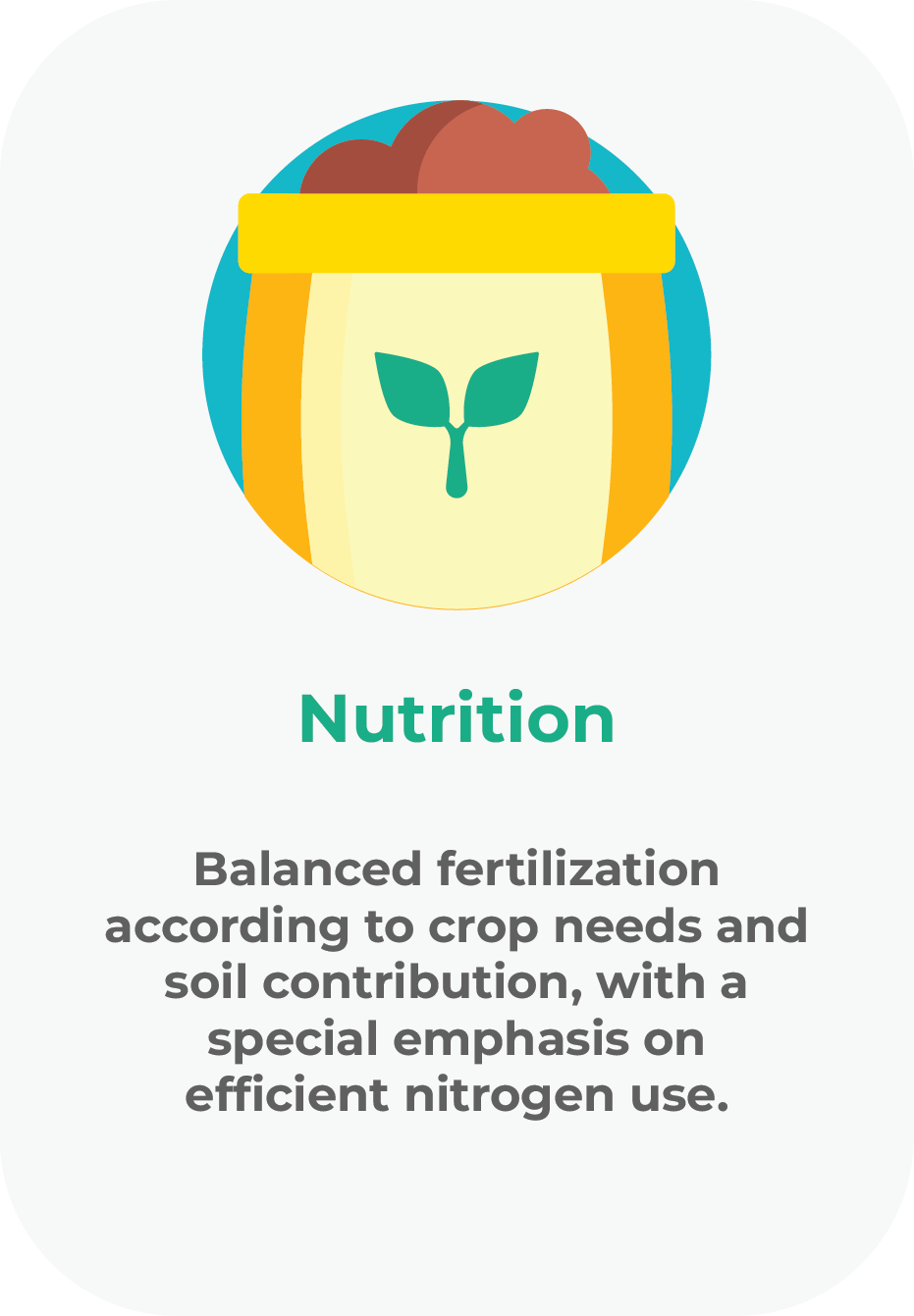
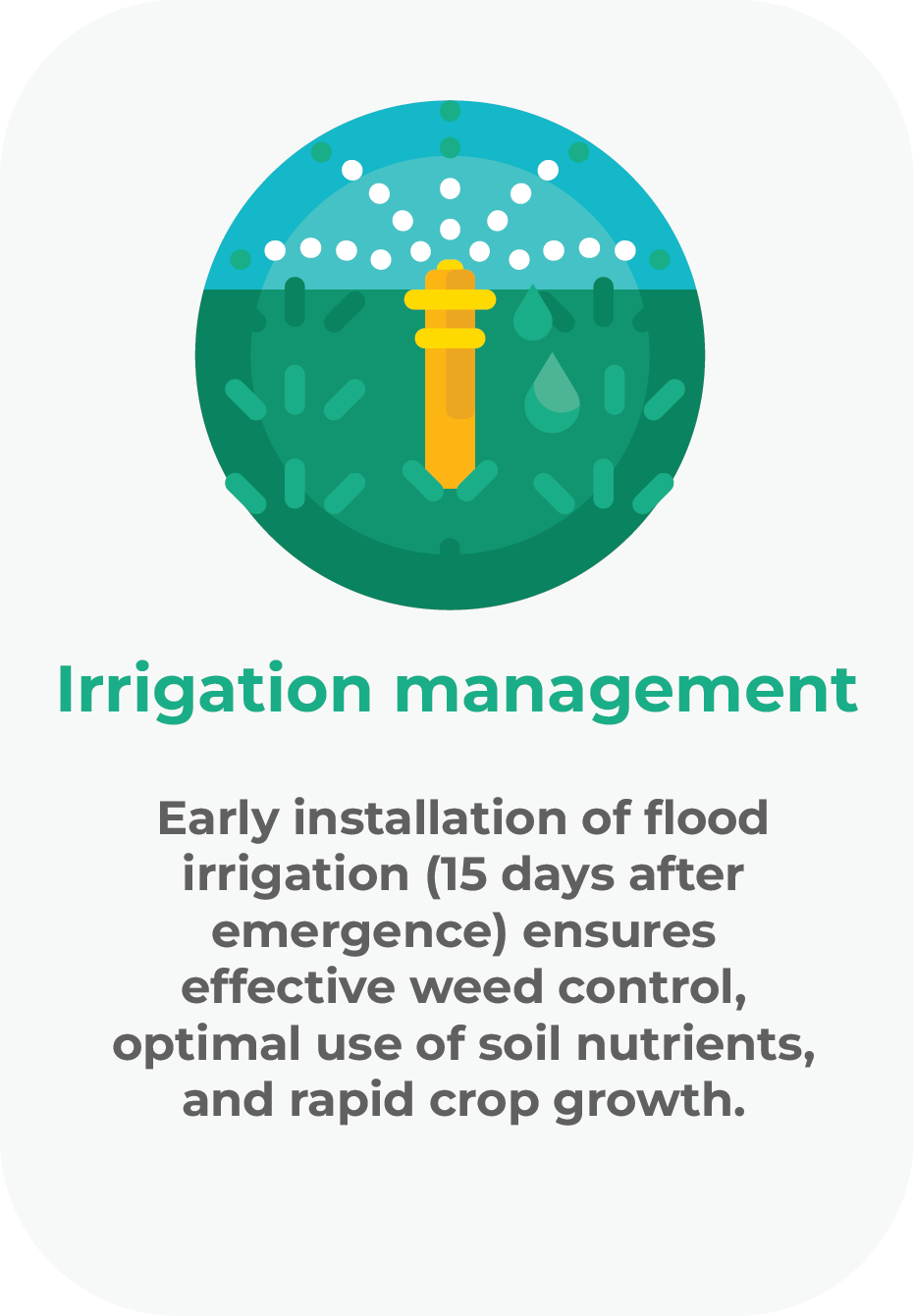
Other Technologies Facilitated by FLAR
Water Harvesting
The transformation from dryland to irrigation through water harvesting allows increasing the yields and income of producers in diversified irrigated crop production systems, as well as fish farming. Rainwater harvesting through artificial reservoirs that collect water by runoff is a FLAR initiative with great potential to be adopted as a sustainable alternative to mitigate the effect of climate change, increase food security, and reduce poverty in depressed rural areas.
Rice – Soybean Rotation
Rice-soybean rotation is a cropping system that benefits sustainable agricultural production, improves soil health, reduces pest and disease pressure, and optimizes nutrient use. By alternating these crops in the same field, the cycle of rice-specific pathogens is broken, and soil fertility is increased thanks to the ability of soybeans to fix nitrogen. This strategy promoted by FLAR, with the support of specialized consultants, not only contributes to greater long-term productivity but also favors the diversification of income for farmers.

